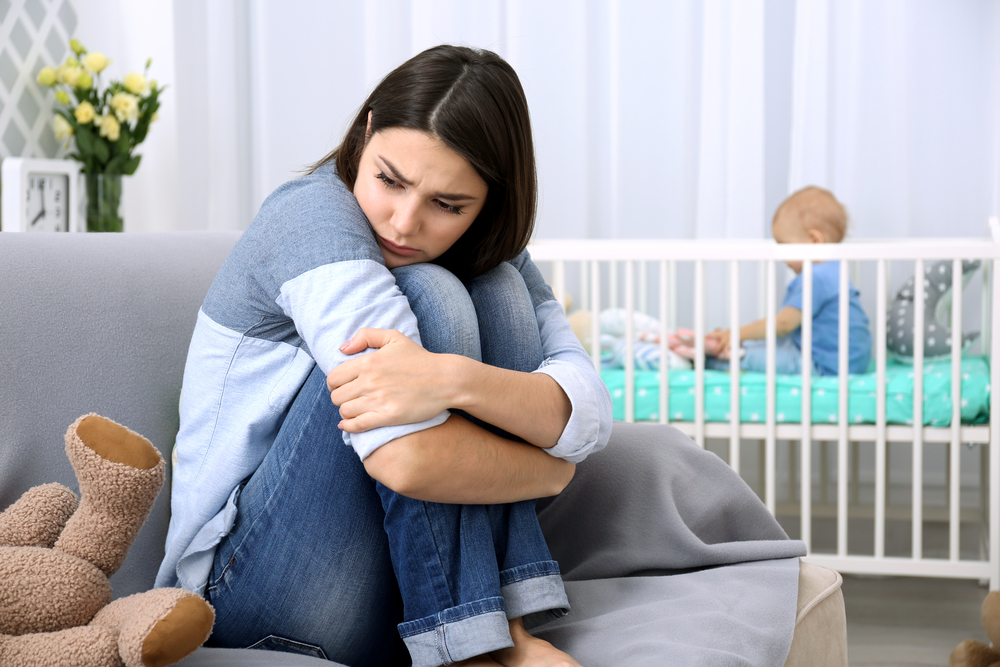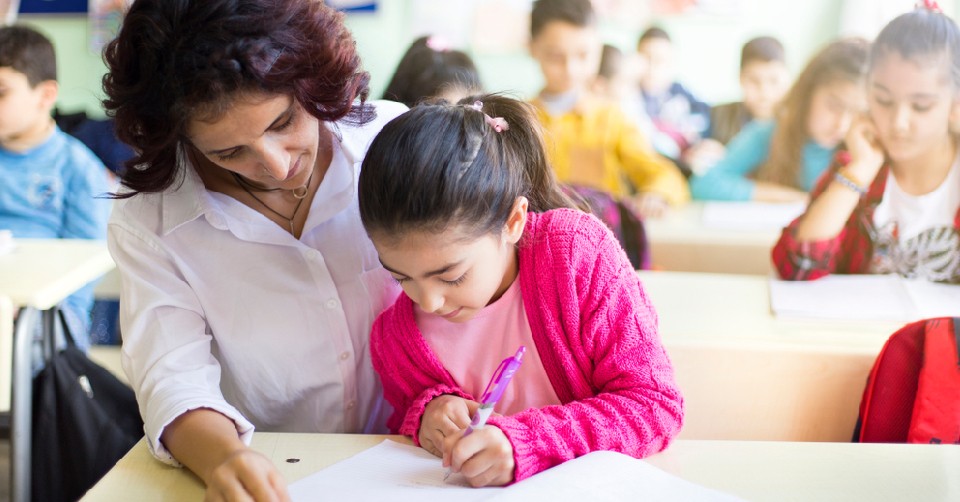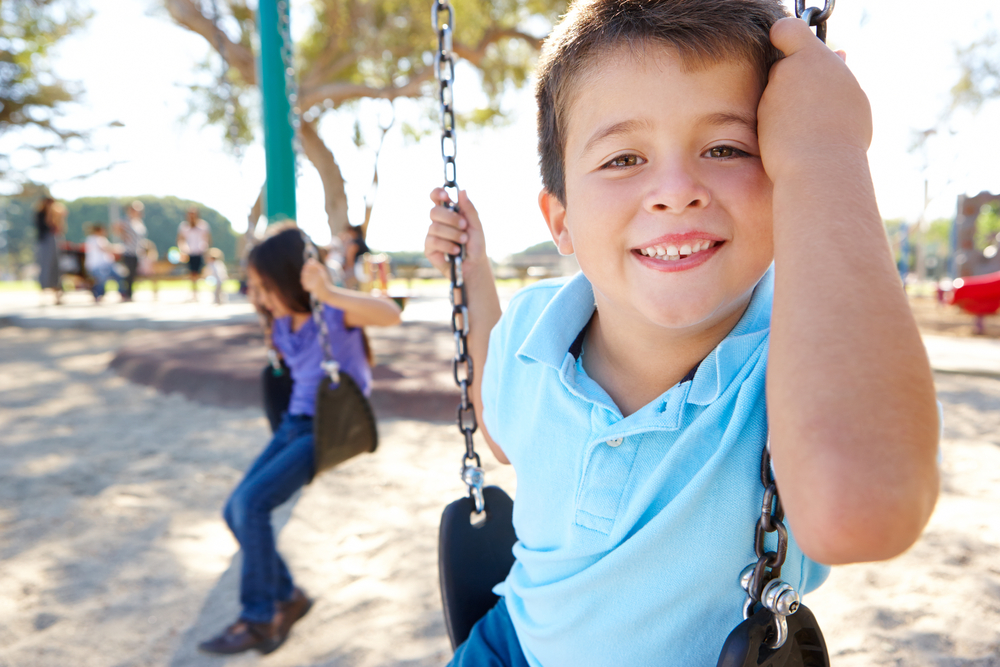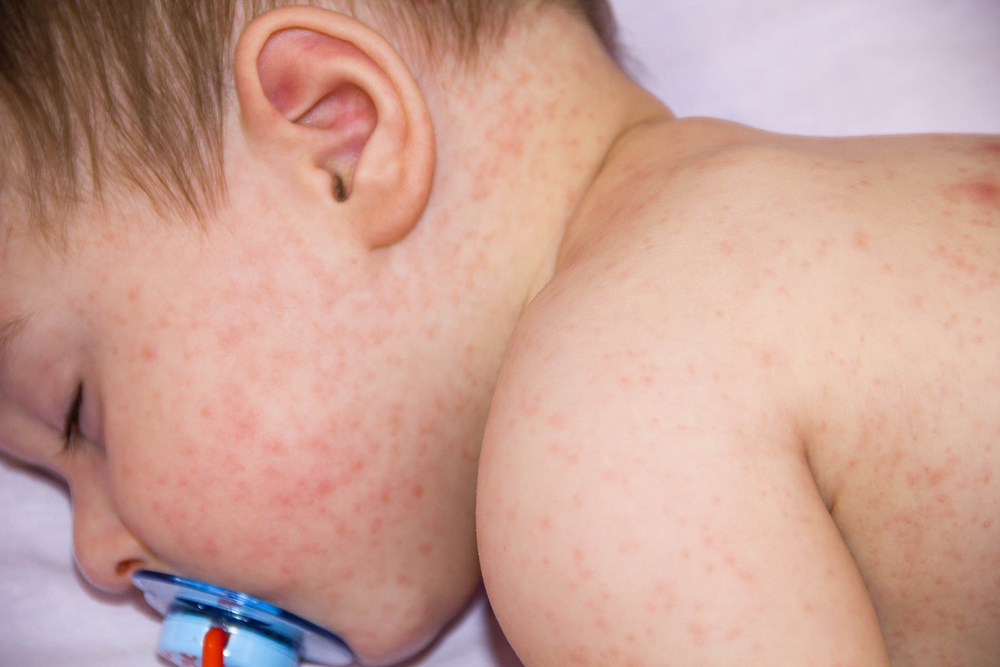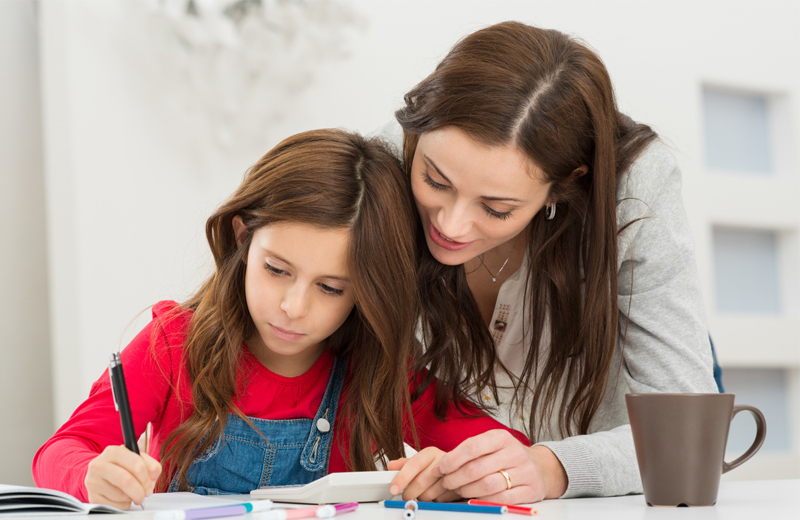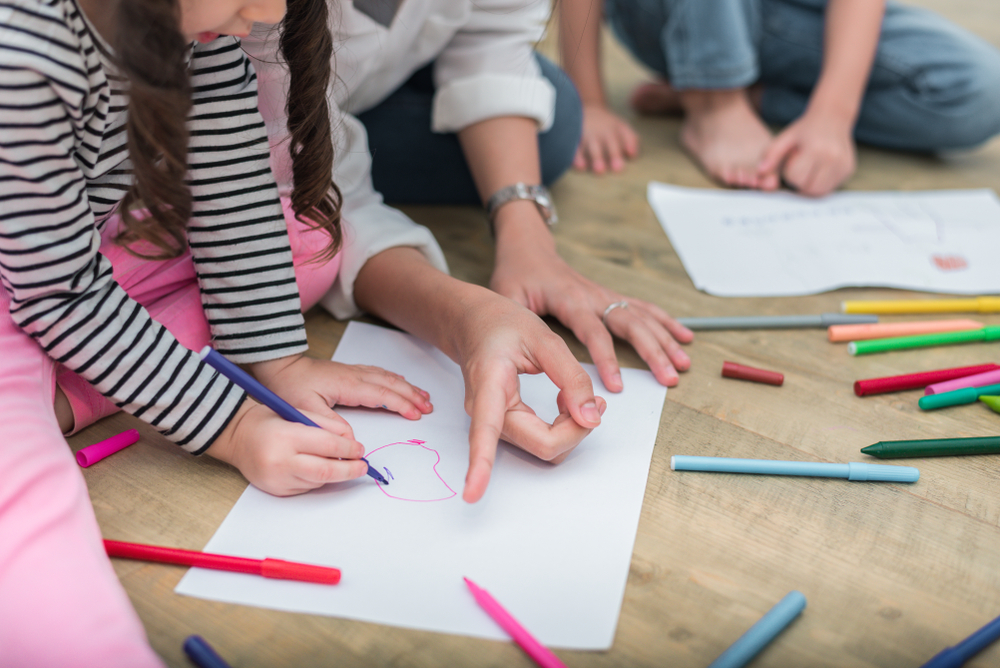Children's Health
ADHD: signs and parenting tips

Parenting is never an easy task to do, especially today, where distractions are all around us, affecting our children’s cognitive health and mental awareness of their surroundings.
Have you ever noticed your child having trouble focusing on a single simple task or are easily distracted from what they are doing? Or is being overly active in many situations?
If yes, you’ll need to continue reading this article to know more about a disorder known as attention deficit hyperactivity (ADHD).
What is ADHD?
It is a neurodevelopmental disorder that affects a child’s inattention, hyperactivity, and impulsivity.
The symptoms of ADHD vary and are sometimes hard to recognize. Part of it is because many children experience individual signs of this disorder.
However, a child needs to exhibit a specific number and combination of symptoms to make a proper conclusion. It is also worth mentioning that these symptoms need to be evident in multiple settings (both school and home).
ADHD can be very challenging to manage by both children and their parents; as it can affect the child’s performance and success in school, as well as their relationships with others.
What are the common signs of ADHD in children?
Signs of ADHD may include the following:
- Children being self-centered, don’t recognize other people’s needs, find it difficult to wait for their turn, and keep interrupting conversations.
- Children might also find it very difficult to sit still at home and in class, and are unable to play quietly by themselves or with others.
- Children are also unable to regulate their emotions and might present angry outbursts that could seem to be “out of the blue” according to their parents. Younger children might show this by throwing temper tantrums.
- Children are having an evident lack of focus, which leads to failure in responding to requests. A child will say they heard you when you’re speaking directly to them, but you’ll realize that they are not responding.
- They might also find it very difficult to finish tasks such as chores or homework, especially those that require extended mental effort.
A typical scenario is when parents ask their child to put down the iPad, go to their room and get their jacket to leave. They might take a while to put down their iPad. They will go to their room, and either come back and ask what they were supposed to do there, or get distracted, forget what the request was, and start doing something else.
These seem to be careless mistakes to parents, but in reality, they are the child’s inability to follow instructions, keep track of tasks and plan accordingly.
Remember that many children exhibit many of the signs mentioned above, but they don’t necessarily have ADHD.
How do I help my child?
Life with a child with ADHD can be very exhausting, frustrating, and overwhelming to many parents. However, as parents, you can help your child deal with their daily challenges by keeping in mind that the child who is constantly ignoring you, annoying you, or embarrassing you in public is not doing it on purpose.
Children with ADHD want to keep quiet, sit still in class, and clean their room. They want to do what parents and teachers ask them to do. They just don’t know how to make it happen. That’s why it’s up to you to help guide them through that process.
Children don’t have those skills because they have deficits in their executive function, which is their ability to think and plan ahead, organize their thoughts, control their impulses, and complete specific tasks.
Therefore, as their parent, you need to take over those functions and provide extra guidance until your child gradually develops the necessary skills.
Parenting tips that might help
As a parent, you are the expert on your child, and you have control over many of the factors that can positively affect the symptoms that your child is experiencing.
Self-care, seeking support, keeping a positive attitude, and believing in your child are invaluable for your child’s progress.
Establishing structure and routine helps the child know what to expect and what is expected of them. Doing so with predictable patterns in a predictable environment like home helps.
This can be done by creating a daily routine for meals, bedtime, play, and homework. Using clocks and timers can keep your child in check.
For example, it’s very important to give your child enough time to respond when calling them (count to 10 before you call their name again).
Extra time for homework can also reduce stress, and Counting down for transitional times between activities like play and bath time is also important.
It is also important to set clear expectations and rules. Children with ADHD usually respond well to structure and a reward system. Try to praise your child’s effort as much as possible and ignore mild misbehaviors.
Try to hold full conversations with your child to help them practice staying focused. Start with 30 seconds and add time gradually whenever you see progress.
Encouraging physical activity and enough sleep can help your child maintain manageable energy levels throughout the day.
This can be done by decreasing screen time, increasing playtime, eliminating sugar and fatty food from their diets, and using relaxation tapes and lavender aromas in your child’s bedroom.
Give your child calm activities like coloring one hour before bedtime, then cuddle with them for 10 minutes before they go to sleep.
Finally, working with your child’s teachers and discussing a behavior plan with their school will help your child manage their symptoms.



